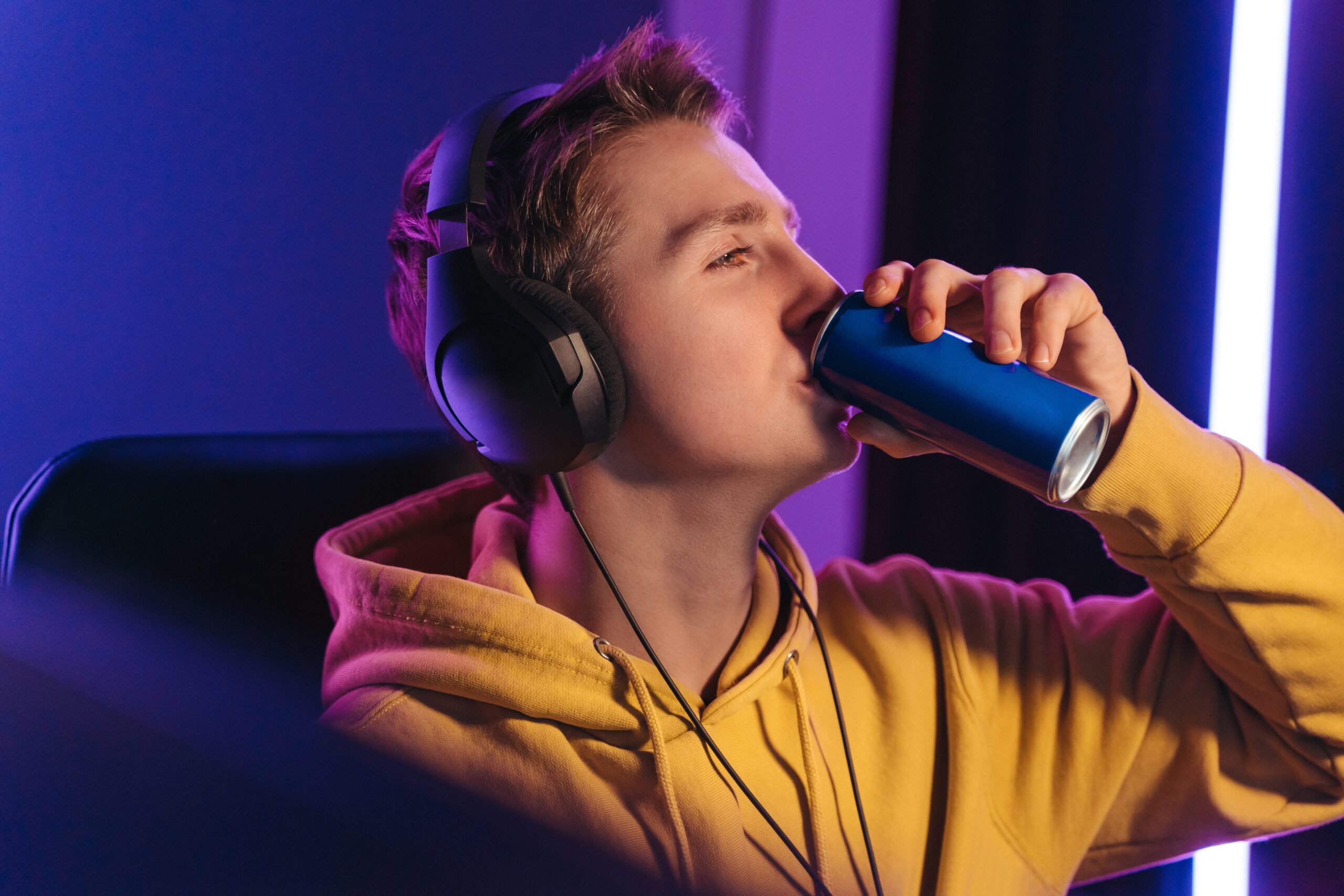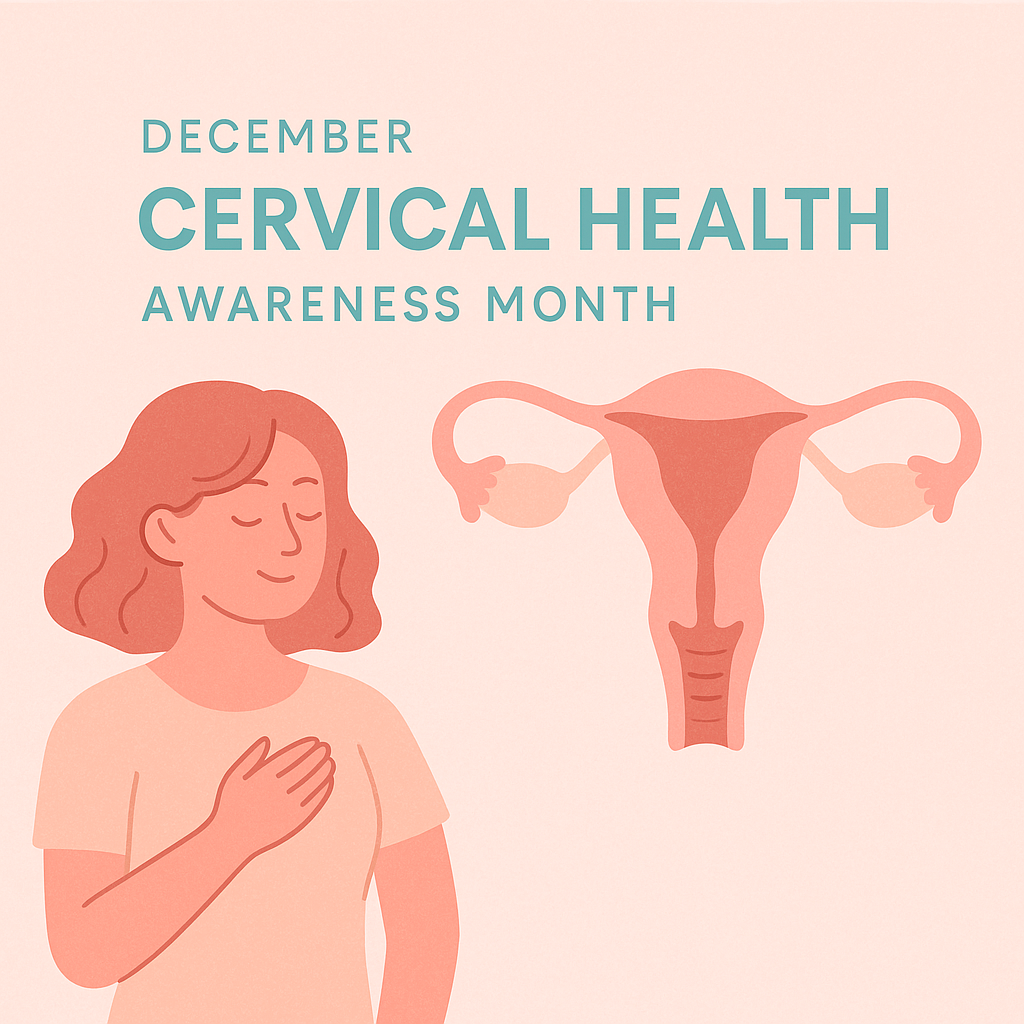The energy drink industry is worth nearly $80 billion. We see these cans and bottles everywhere—on store shelves, in gyms, and at major events sponsored by energy drink companies. But while these brightly colored beverages are marketed as performance boosters, more people are asking an important question: Can energy drinks increase your cancer risks?
The short answer is that energy drinks themselves don’t directly cause cancer in the same way that radiation or toxic chemical exposure does. However, regular consumption—especially in excessive amounts—can influence your body in ways that increase cancer risk. From artificial ingredients to hormone disruption and unhealthy lifestyle habits, energy drinks may contribute to an internal environment that is less resilient against chronic disease.
Let’s dive in.
Common Energy Drink Ingredients and Their Link to Cancer
Certain ingredients used in energy drinks can increase your risk of cancer, especially when consumed in large quantities. These include:
Excess Sugar
Many popular energy drinks contain more sugar than a can of soda, sometimes 40 grams or more. High sugar intake fuels obesity, diabetes, and metabolic dysfunction—all of which are linked to increased cancer risk. Cancer cells thrive on glucose, and frequent spikes in blood sugar combined with insulin resistance can encourage tumor growth.
Artificial Sweeteners
“Sugar-free” energy drinks often replace sugar with artificial sweeteners like aspartame or sucralose. While regulatory bodies consider these safe in moderate amounts, studies continue to explore possible connections between long-term artificial sweetener use and increased cancer risk. While the evidence is mixed, it does suggest that consuming artificial sweeteners on a daily basis could increase your risk of cancer.
Synthetic Additives and Dyes
Bright colors and unusual flavors in energy drinks often come from synthetic food dyes and chemical flavorings. Some of these additives have been linked in animal studies to increased cancer risk or hormone disruption. Although the exact level of danger is debated, repeated exposure is concerning—especially when paired with poor diet and lifestyle factors.
Excessive Caffeine
Caffeine itself isn’t classified as a carcinogen, but very high doses can stress the adrenal glands, disrupt sleep, and elevate cortisol (a stress hormone). Chronic stress and hormone imbalance contribute to systemic inflammation—a known driver of cancer progression.
How Energy Drinks Influence Lifestyle, Hormones, and Stress
Cancer doesn’t develop from a single bad choice—it’s usually the result of multiple risk factors accumulating over time. Energy drinks may play a role not only because of their ingredients but also because of the way they affect your lifestyle and hormonal balance.
Disrupted Sleep
The high caffeine content in energy drinks interferes with natural sleep cycles. Poor sleep reduces melatonin production, a hormone that helps regulate sleep and acts as an antioxidant with cancer-protective properties. Chronic sleep disruption has been linked to higher risks of breast, prostate, and colon cancers.
Elevated Stress Hormones
Energy drinks stimulate the body’s stress response, triggering the release of the stress hormone cortisol. When cortisol is elevated chronically, the immune system weakens, inflammation rises, and the body’s ability to repair damaged DNA is compromised—all of which increase vulnerability to cancer development.
Impact on Hormones
Some ingredients in energy drinks influence insulin, testosterone, and estrogen levels. Hormonal imbalances can contribute to hormone-sensitive cancers such as breast, prostate, and ovarian cancers. For men, constant energy drink use may worsen testosterone decline; for women, it may contribute to estrogen dominance.
Poor Lifestyle Reinforcement
Relying on energy drinks encourages habits that indirectly raise cancer risk—such as skipping sleep, eating processed foods, and living in a state of constant stimulation. Instead of building resilience, these patterns weaken the body’s natural defenses against disease.
Other Health Impacts of Energy Drinks
Cancer risk isn’t the only concern. Energy drinks are associated with other health issues, many of which are immediate and well-documented.
-
Heart Health Risks
Energy drinks are known to place stress on the cardiovascular system. The combination of high caffeine, stimulants like guarana, and sugar can elevate blood pressure, speed up the heart rate, and increase the likelihood of irregular heart rhythms.
For individuals with underlying heart conditions—or even those who are unaware they have a predisposition—this can be especially dangerous. Over time, these repeated surges in blood pressure and heart strain can contribute to chronic hypertension and increase the risk of heart attack or stroke.
-
Kidney Stress
Your kidneys filter waste and balance electrolytes, but they are vulnerable to the high sugar load and chemical additives commonly found in energy drinks. Regularly flooding the body with sugar forces the kidneys to work harder, potentially contributing to insulin resistance and type 2 diabetes—both of which can accelerate kidney disease.
Synthetic preservatives and additives can further strain kidney function, raising concerns about long-term damage.
-
Liver Damage
Case reports are linking heavy energy drink consumption to acute liver injury, sometimes requiring hospitalization. The exact cause may be the combination of high niacin (vitamin B3, often added in large doses), artificial ingredients, and sugar overload.
When consumed in large quantities, these compounds may overwhelm the liver’s detoxification systems, leading to inflammation or, in extreme cases, liver failure. Even moderate but frequent consumption can put unnecessary stress on the liver over time.
-
Mental Health Effects
While energy drinks are marketed as focus-enhancers, the reality is more complicated. High caffeine levels can trigger anxiety, jitteriness, irritability, and even panic attacks in sensitive individuals. Over time, dependency can develop, leading to “crash and crave” cycles where energy plummets after the stimulant wears off.
This dependency can mimic addictive behaviors, leaving people reliant on energy drinks for basic functioning. Additionally, sleep disruption caused by energy drinks can worsen mood disorders and cognitive function.
-
Dehydration
Caffeine is a natural diuretic, meaning it increases urine production and fluid loss. Combined with sweat loss from physical activity, energy drink consumption can quickly lead to dehydration. This impacts nearly every system—reducing performance, impairing concentration, straining the kidneys, and increasing cardiovascular stress.
For athletes or people working in hot environments, using energy drinks instead of proper hydration solutions can be especially harmful.
Together, these risks create a cascade of stress on the body. While an occasional energy drink may not cause harm, frequent use raises the risk of chronic disease—including cancer—over the long term.
Healthier Alternatives to Energy Drinks
If you’re looking for energy but want to protect your long-term health, there are better options. Here are three alternatives that deliver a boost without compromising your wellness.
Green Tea
Green tea provides moderate caffeine alongside powerful antioxidants, particularly catechins like EGCG, which have been studied for their cancer-protective properties. Unlike the rollercoaster rush of energy drinks, green tea offers smoother energy while supporting cardiovascular and brain health.
Herbal Adaptogen Drinks
Drinks infused with adaptogenic herbs—such as ashwagandha, rhodiola, and ginseng—help balance stress hormones and increase natural resilience. Adaptogens don’t overstimulate the body; they help regulate energy, reduce anxiety, and support immune health.
Electrolyte-Enhanced Water
Sometimes what feels like fatigue is actually dehydration. Hydrating with water plus natural electrolytes (from coconut water, sea salt, or clean electrolyte powders) restores balance and energy without the side effects of sugar and caffeine. This is especially important for athletes or those working in hot environments.
The Bigger Picture: Nutrition and Cancer Risk
Your daily food and drink choices form the foundation of your overall cancer risk. Energy drinks may seem harmless in the moment, but over time, they add to a pattern of chronic stress, inflammation, hormone imbalance, and nutrient depletion. Choosing natural, nutrient-rich alternatives helps your body function at its best and strengthens its ability to prevent and fight disease.
Worried About How Nutrition Impacts Cancer Risk?
At SIE Medical, we understand that cancer isn’t caused by a single factor—it’s the result of your overall health, habits, and environment. Our team integrates advanced medical care with personalized nutrition and lifestyle strategies to lower cancer risk and support patients during treatment.
If you’re concerned about the impact of energy drinks, diet, or stress on your long-term health, we’re here to help. Schedule a consultation with SIE Medical and take the next step toward a healthier, more energized life—without the hidden risks.




